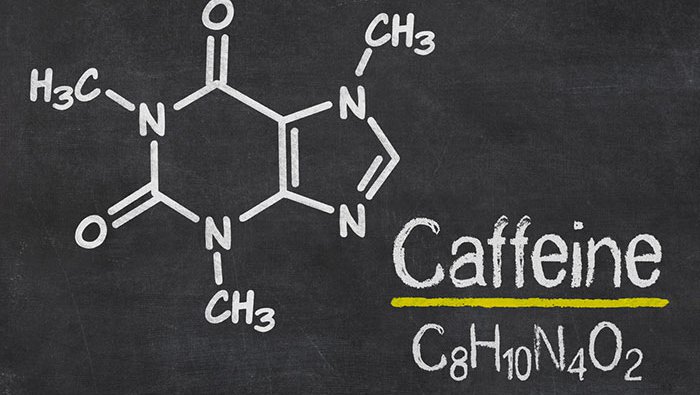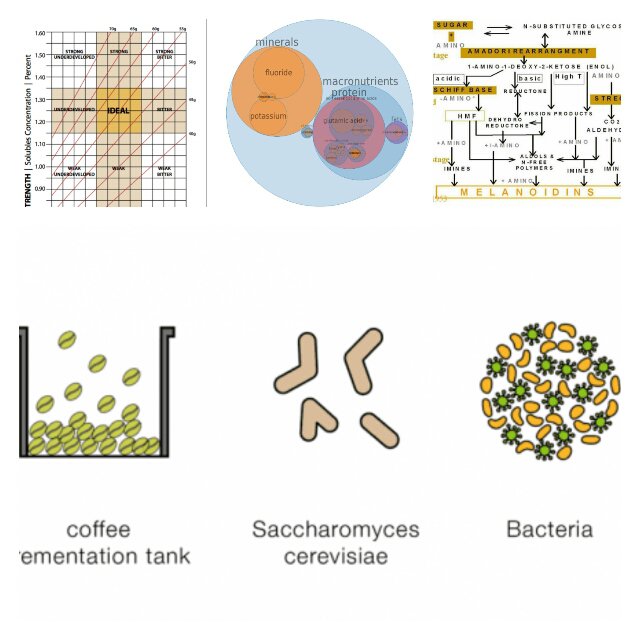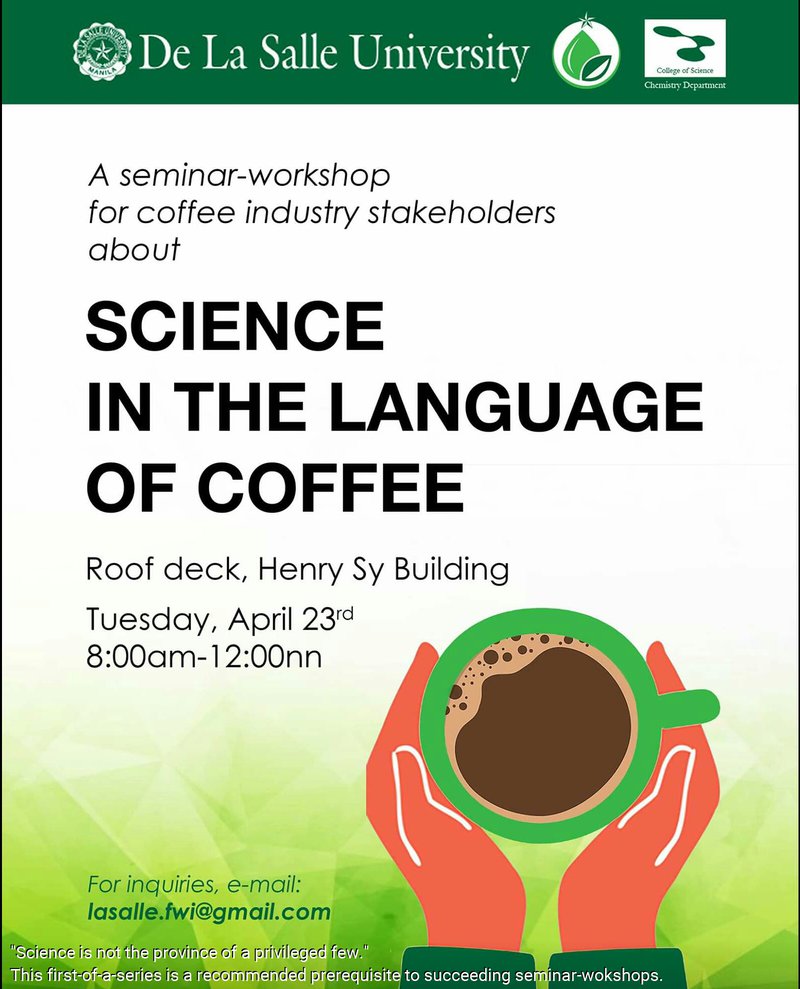Coffee & Science... I love you, Me neither!

- alice
- March 20, 2019
- Share
The science of coffee covers a pretty wide field!
It embraces indeed aspects of agronomy, botanic, biology, genetics on the farming side. Not to forget chemistry, physics, engineerings, food science along all the other phases of the coffee chain.
What is the difference between species and varieties? What is an hybrid coffee? Does the genetic manipulation of DNA exists for coffee as well?
How the soil composition can influence the coffee farming?
What does "fermentation"" means and why is it such a crucial phase for coffee?
What is the water activity?
What is the Maillard reaction and how is it linked to coffee?
What is the best water for a perfect espress?
What does a good extraction mean? What is a TDS?
Why skimmed milk is a nightmare for latte art?
How can technology support the sector?

Feeling dizzy?
And yet... This is barely a sample of the scientific aspects covered by coffee.
Well I don't know for you guys, but as far as I'm concerned, chemistry has never really been my cup of tea and apart from H2O and CO2, I can hardly remember the famous Periodic Table of Elements.
So... should I go back to school and re-take my chemistry examination to survive into the world of coffee?
Hopefully that won't be necessary, according to Mel Garcia, Professor and PhD at the De La Salle University in Philippines.
"I started to realize that some tools that we have in the laboratory might be very very useful for the industry."
Mel is a scientist and has a long carreer behind him. But he's above all a coffee lover and that's how he started making between his work and his passion.
"I started to realize that some tools that we have in the laboratory might be very very useful for the industry", he says.
With that in mind, Mel and a couple of colleagues started to organize coffee science meet up to talk about science and coffee to breach the language barrier:
"I [want to] find that nexus and build a way around it to make my approach on teaching science understandable to coffee professionnals or stakeholders and more than ever, uselful. Because at the end of the day we want them to apply what they learn, to do better."
"The objective is to bring the coffee professionals and get them to attain a certain level of scientific proficiency so that they would be able to gain more technical competence when it comes to coffee."
Science and scientific jargon can be pretty much impressive though and people can easily get bored about it. That's why, the science coffee meet up takes the form of "a 15-30 minutes discussion (not more) [followed by] a practical workshop so that the audience can understand on the sensory level what the science is.
"The objective is to bring the coffee professionals and get them to attain a certain level of scientific proficiency so that they would be able to gain more technical competence when it comes to coffee", explains Mel.

Why is it so important?
The consumers are getting more and more informed thanks to the Internet. So it is very important for the coffee professional to be as technically and scientifically informed as them.
Barista and roasters of the specialty coffee industry usually get pretty excited about any scientific or tecnological innovation. But on the upstream part, farmers and processors are also eager to get relevant information that could help them to reach a better yield and a better quality.
"Technologies also are available. But strangely... the farmers are not getting them."
Mel is concerned by the very little technical and working knowledge and skills of the farmers:
"Even for something as simple as pruning is really surprisingly unknown to them. And it kind of desappoints me when I realize that something as simple as that hasn't been transmitted."
Technologies also are available and could bring a great support to them: new pulpers, drying tables made of adecuate material, moisture meter, hullers.
"But strangely... the farmers are not getting them."
And why so? Is it because the money is not allocated correctly or because the programmes are not well defined? Should a better evaluation of the farmers situation and requirements be made? Is it because there is a lack of follow-up?Probably a combination of various factors.

Another big problem at every step of the chain is the issue of the "rumour".
Some thematic becomes very trendy and all of a sudden, everybody makes it own interpretation or its own mixture out of it... up to the point where playing the sorcerer's apprentice can become dangerous.
"As we all know about coffee... There is no formula."
"There are so many experts around... that say strange things of the farmers. Sometimes you will be very scared!"
So there is a clear need for intervention and scientific rigour at every level. A need to standardize and making sure that the education and information that reaches the farmers is correct."
To put it in a nutshell, there's no need to have a PhD to make a good coffee.
Nonetheless developping certain technical knowledge and skills as well as a scientific rigour and methodology about coffee can definitely be useful. The emergence of a specific curriculum dedicated to coffee science at university is also greatly recommended, to fill the gap between the two disciplines.
It's a good way to empower coffee professionals, to provide them the sufficient understanding and also a certain distance, a critical analysis about protocols that are too often used as formulas.
"And as we all know about coffee... There is no formula" concludes Mel.
References
- www.perfectdailygrind.com/2017/07/fermentation-affect-coffee-flavour-development/
- www.7gramscoffee.com.au/articles/science-good-coffee-part-2/
- www.bodbot.com/Nutrition/Foods/14209/coffee-brewed-from-grounds-prepared-with-tap-water

 Philippines
Philippines Colombia
Colombia Ethiopia
Ethiopia Guatemala
Guatemala Indonesia
Indonesia Kenya
Kenya Mexico
Mexico Tanzania
Tanzania Uganda
Uganda